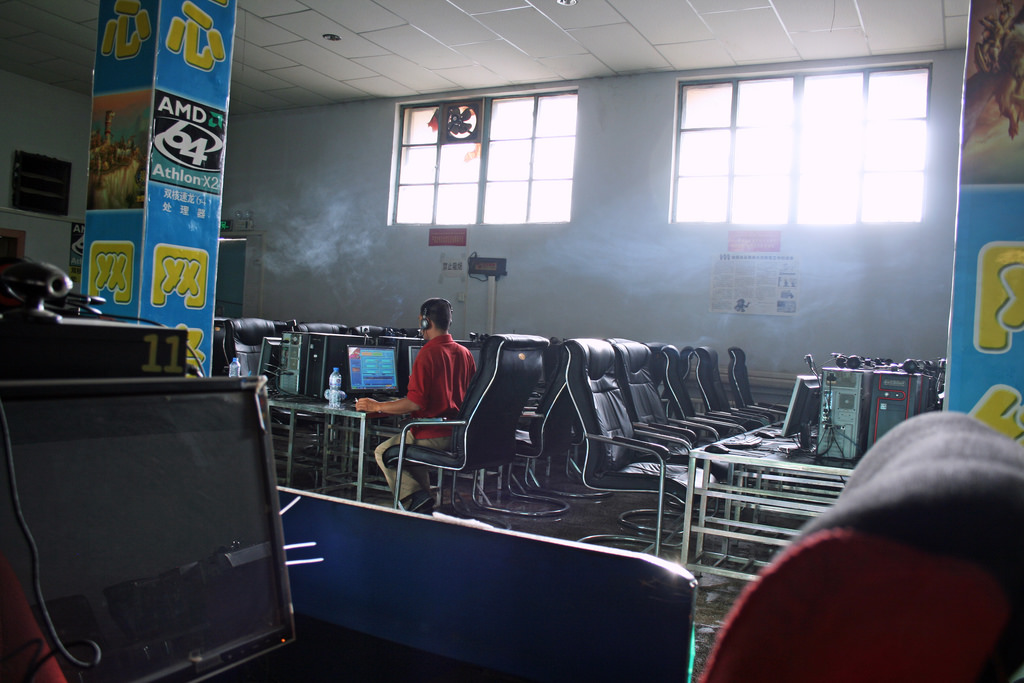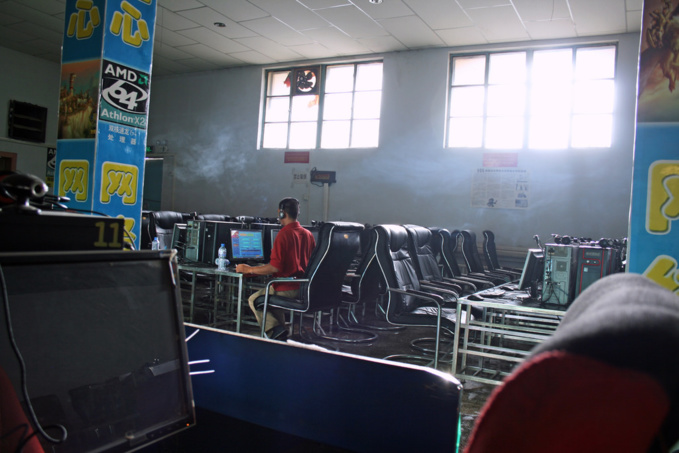The Chinese Communist Party (CCP) criticized the system of Internet censorship in the country, considering it too soft. According to the authorities, censors "do not try to ensure political security" in the country. On Sunday, the Central Commission for Discipline Inspection (CCDI) of the CCP issued a report against the Cyberspace Administration of China. The office was founded in 2014, it regulates and censors online content. The CCDI has inspected its activities earlier, in March-April. According to the inspectors, the regulator "did not follow the important instructions and requirements of General Secretary Xi Jinping quite decisively and quickly", it also lacks "a sense of political responsibility".
Last week, the administration closed about 90 sites and accounts on show business news and gossip about the life of celebrities. Previously, such spheres were not subject to state regulation, so, according to analysts, the administration then already knew about the CCDI’s conclusions. According to many experts, the current situation shows that the Chinese Communist Party wants to regain the ideological power lost after the death of Mao Zedong and to tighten control over society. "The old communist ideology is coming back. Communism does not like entertainment and gossip, it wants politics and class struggle", said Qiao Mu, a lecturer at Beijing Foreign Studies University, known for his criticism of Internet censorship. He believes that the authorities want citizens to be more interested in the party’s politics instead of distracting on entertainment and criticizing the authorities.
Among the blocked was an account of famous blogger, who proclaimed himself "paparazzi number 1" and published gossip from the life of celebrities. He had about 7 million followers. At a meeting last week, the Chinese authorities stated that such accounts and sites were closed in accordance with the requirements of confidentiality in the new law that governs cyberspace. According to Victor Shih, a political economy professor and China expert at the University of California, the regulator had to balance between the commercial interests of online content providers and the central government's desire to control this area. "The latest inspection shows that the CCDI is not too happy with this balance. You can expect that Chinese online media will be publishing even more "red" content than now", Mr. Shih said.
Chinese authorities have long been tightening censorship on the Internet, even despite the fact that the local network is already one of the most stringent in the world. In November last year, China adopted a new law on cybersecurity. According to the document, all providers of Internet content are obliged, at the first request of the authorities, to restrict access to any information deemed undesirable. All users of Chinese social networks must provide their passport data when registering. In January, the authorities also announced a 14-month national campaign to combat "unauthorized connections". So far, many Chinese have used "virtual private networks" (VPN) in order to bypass the "Great Chinese Internet Wall", which closed access to many Western services, including Google, Facebook, YouTube. According to the new rules, all VPN services located on the territory of China should receive regulatory approval, which is essentially equivalent to their prohibition.
source: businessinsider.com.au
Last week, the administration closed about 90 sites and accounts on show business news and gossip about the life of celebrities. Previously, such spheres were not subject to state regulation, so, according to analysts, the administration then already knew about the CCDI’s conclusions. According to many experts, the current situation shows that the Chinese Communist Party wants to regain the ideological power lost after the death of Mao Zedong and to tighten control over society. "The old communist ideology is coming back. Communism does not like entertainment and gossip, it wants politics and class struggle", said Qiao Mu, a lecturer at Beijing Foreign Studies University, known for his criticism of Internet censorship. He believes that the authorities want citizens to be more interested in the party’s politics instead of distracting on entertainment and criticizing the authorities.
Among the blocked was an account of famous blogger, who proclaimed himself "paparazzi number 1" and published gossip from the life of celebrities. He had about 7 million followers. At a meeting last week, the Chinese authorities stated that such accounts and sites were closed in accordance with the requirements of confidentiality in the new law that governs cyberspace. According to Victor Shih, a political economy professor and China expert at the University of California, the regulator had to balance between the commercial interests of online content providers and the central government's desire to control this area. "The latest inspection shows that the CCDI is not too happy with this balance. You can expect that Chinese online media will be publishing even more "red" content than now", Mr. Shih said.
Chinese authorities have long been tightening censorship on the Internet, even despite the fact that the local network is already one of the most stringent in the world. In November last year, China adopted a new law on cybersecurity. According to the document, all providers of Internet content are obliged, at the first request of the authorities, to restrict access to any information deemed undesirable. All users of Chinese social networks must provide their passport data when registering. In January, the authorities also announced a 14-month national campaign to combat "unauthorized connections". So far, many Chinese have used "virtual private networks" (VPN) in order to bypass the "Great Chinese Internet Wall", which closed access to many Western services, including Google, Facebook, YouTube. According to the new rules, all VPN services located on the territory of China should receive regulatory approval, which is essentially equivalent to their prohibition.
source: businessinsider.com.au



















